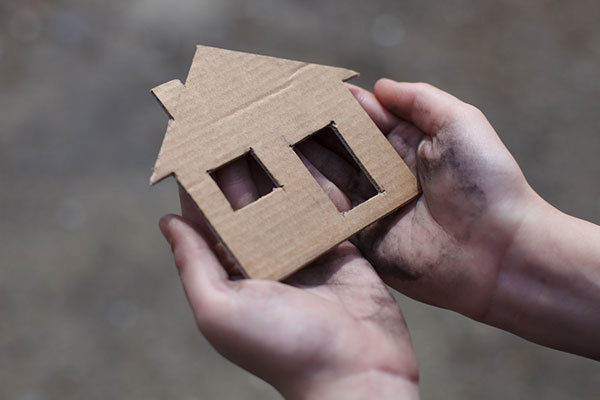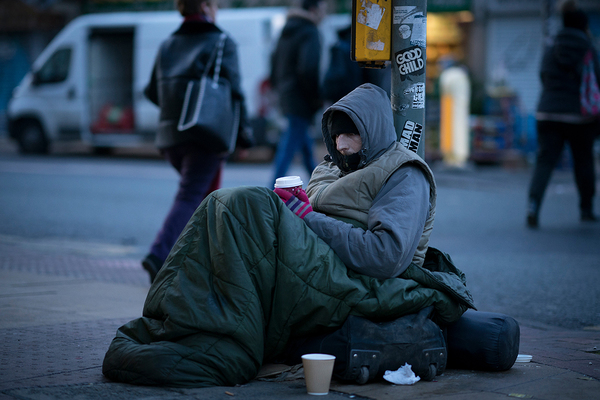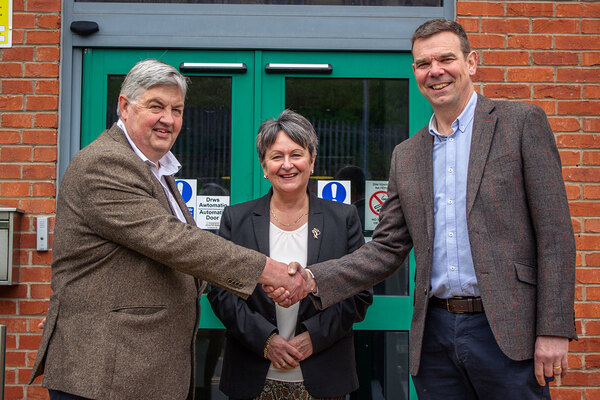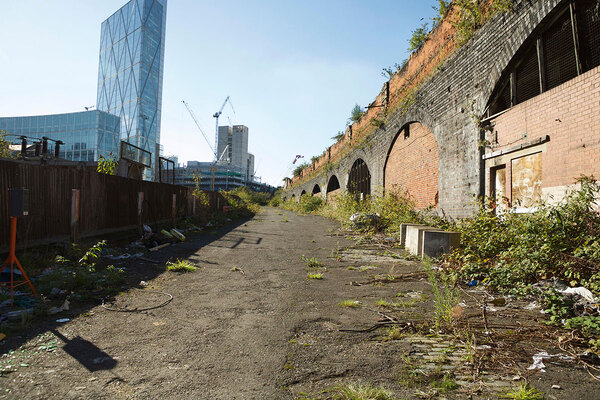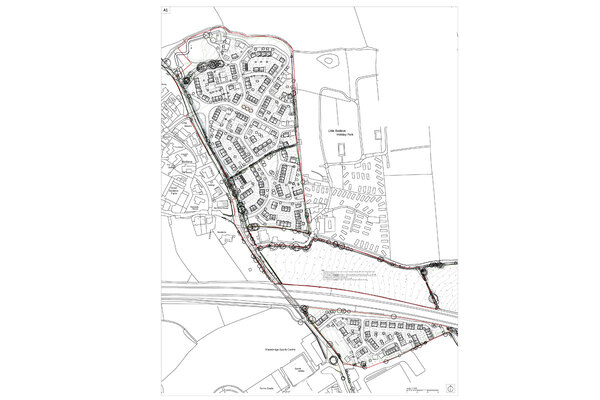You are viewing 1 of your 1 free articles
Time to experiment with ‘tiny homes’ to tackle homelessness
‘Micro-homes’ are cheap and can work for some people, writes Benjamin Clayton
Tiny houses are an in-joke in the property world.
They are living spaces of around 400 square feet or less, normally studio flats 20 feet wide and 20 feet long. “I want to live in a tiny house about as much as I want airlines to reduce the size of my luggage allowance,” a property developer wryly told me last year.
But since the financial crisis in 2008, tiny houses have become fashionable.
“City governments are starting to take tiny houses seriously, too.”
The global mega-trends of urbanisation and stagnant wages have left many workers, especially younger singletons and couples, needing to think outside of the box. Or, in this case, inside of it.
Now, city governments are starting to take tiny houses seriously too.
In Boston, where the number of households is expected to grow by 13% between 2020 and 2030, City Hall’s innovation team has been testing out demand.
“We needed more than a presentation for the community to look at,” said Max Stearns, programme manager, last year. “We wanted to be able to invite people in to experience and challenge their perceptions about living in small spaces.”
They partnered with the Boston Society of Architects and a local housing developer to design a prototype, set it up in the city centre, and then invited locals to come in and take a look around.
They asked two questions: “who do you think would want to live in a space like this?” and “what kinds of benefits, services and infrastructure would need to exist around a unit of this size to make it liveable?”
More than 2,000 locals tested out the unit, and the response was overwhelmingly positive.
“We found that compact living could help make living in Boston more affordable,” said Boston’s City Hall. “Compact living gives developers more options for what they can build. This type of housing can also address the needs of buyers and renters who are looking for something smaller.”
“Tiny houses could be particularly helpful in getting homeless people into safety.”
Translating this bureaucrat speak, what they’re saying is that tiny houses are cheap, even when land is expensive, and can actually work for some people.
They are, clearly, not the solution to the housing crisis – whether in Boston, London, Sydney or elsewhere – whose roots are deep and which will require much more work, but they might be a handy resource in the meantime.
Tiny houses could be particularly helpful in getting homeless people into safety. Housing charity Crisis estimates that the cost of a single homeless person sleeping rough in the UK is £20,128 per year, which is depressing money down the drain.
Micro-homes, however, cost roughly £20,000. Cleaning and maintenance costs are low, and one unit can be reused.
In Reno, Nevada, a coalition of Christian groups has already come together with a plan to do just this: produce a set of tiny homes to help local homeless people.
Britain should experiment with this. Around 8,000 people slept rough on the streets of London in 2016/17, a number which has doubled since 2010.
London mayor Sadiq Khan has rightly made tackling this a priority, including opening emergency shelters when temperatures drop below freezing.
If Boston has found that young graduates off the street like their tiny house prototype, then surely similar units in homelessness hotspots in London, Manchester, Birmingham and elsewhere could provide a real, albeit temporary, alternative.
Of course Britain needs more and better real houses. In the meantime, though, we should take tiny houses seriously, especially for those who have no house at all.
Benjamin Clayton, fellow, Harvard’s Kennedy School of Government; and former chief of staff, National Infrastructure Commission

